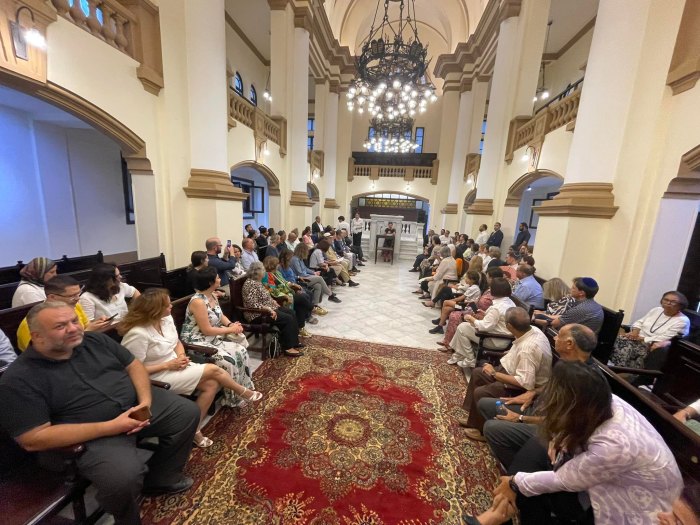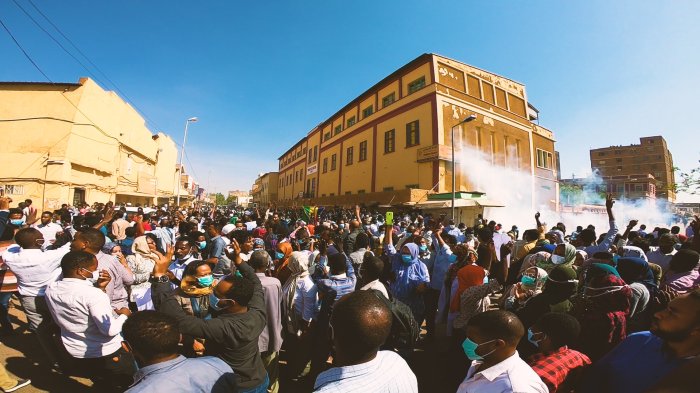Earlier this month, on 15 September, the Jewish community in Cairo gathered at the Heliopolis Synagogue in Cairo to celebrate Rosh Hashanah.
The occasion, which marks the start of the Jewish New Year, is always significant, but in this context it was even more meaningful, as it marked the first time in 70 years that the community has been free to publicly celebrate it in all of Egypt.
It had been a while coming, as in recent years the Egyptian government has implemented a number of initiatives to benefit the Jewish community. For example, just over two weeks before the community gathered for Rosh Hashanah in Cario, the Egyptian Prime Minister, Mostafa Madbouly, joined Tourism Minister Ahmed Issa to re-open the Ben Ezra Synagogue – also in the capital – after years of careful restoration.
Continue reading “An encouragement to President Sisi to go further in the promotion of freedom of religion or belief in Egypt”



